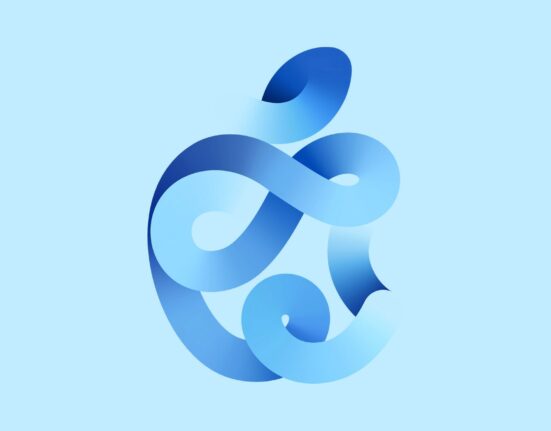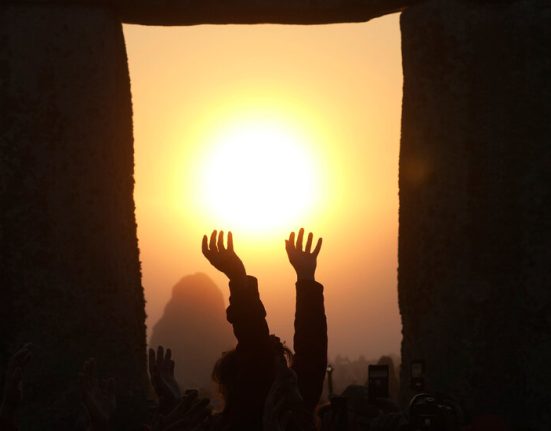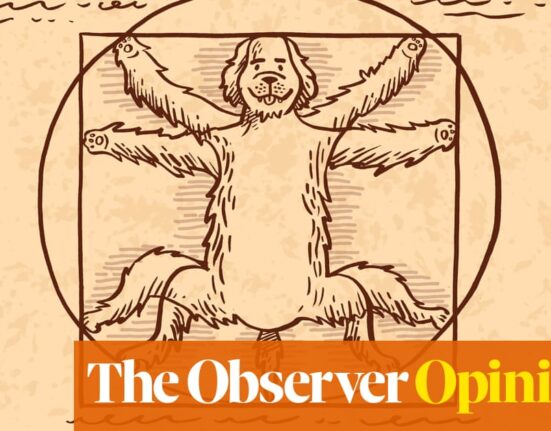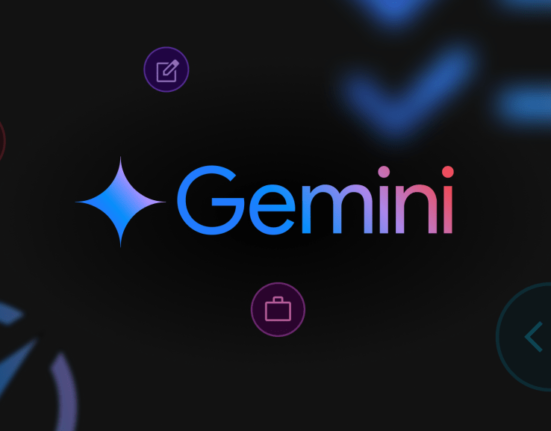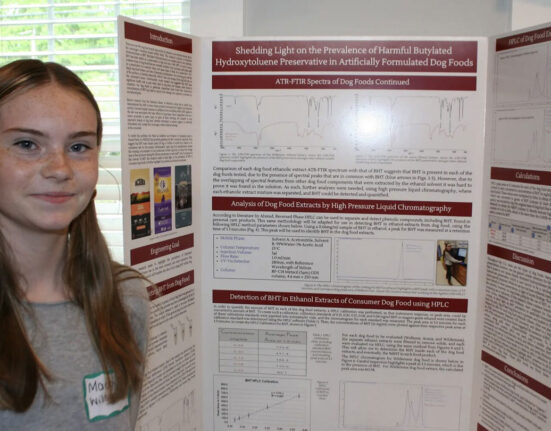What just happened? The Internet Archive, a non-profit organization dedicated to providing free online access to books, is dealing with a difficult situation right now. Following a legal battle with book publishers last year, the online library was forced to remove approximately 500,000 titles from its collection, a move that IA describes as a “devastating loss” for readers who rely on the platform to access otherwise hard-to-find books.
Chris Freeland, IA’s director of library services, talked about the organization’s determination to restore access to these books by appealing the court’s decision: the case is currently pending in the US Court of Appeals for the Second Circuit. It aims to convince the court that IA’s controlled digital lending of its physical books should be considered fair use under copyright law.
“We purchase and acquire books – yes, physical, paper books – and make them available for one person at a time to check out and read online. This work is important for readers and authors alike, as many younger and low-income readers can only read if books are free to borrow, and many authors’ books will only be discovered or preserved through the work of librarians,” Freeland wrote.
IA’s legal team plans to argue that publishers have not provided evidence of harm to the e-book market caused by the open library’s lending practices. They believe that copyright law would be better served by allowing IA’s lending rather than preventing it. Freeland also pointed out that IA uses industry-standard technology to prevent people from illegally downloading and sharing books, just like the big corporate publishers do.
Meanwhile, the Association of American Publishers (AAP), the trade organization behind the lawsuit, said in a statement to Ars Technica that IA transmitted literary works worldwide while refusing to license the necessary rights from authors and publishers. It maintains that the removal of literary works from IA’s platform was ordered by a federal court with the mutual agreement of IA, following the court’s finding of copyright infringement.
The appeal is set to begin with oral arguments on June 28, and IA is prepared to defend its practices. Freeland stated, “Our position is straightforward; we just want to let our library patrons borrow and read the books we own, like any other library.” He also highlighted the potential far-reaching consequences of the lawsuit, extending beyond the Internet Archive itself, and called on publishers to “let readers read.”
The removal of all those books has left a mark on IA’s users. Many titles now say “Borrow Unavailable,” though patrons with print disabilities can still access them. Since the removal, IA says they’ve been bombarded with messages from readers all over the world looking for the missing titles.
Nearly 20,000 supporters have also signed an open letter dated June 14 to publishers, asking them to rethink the takedowns and bring back the lost books. The letter highlights how this is hurting academics, students, and educators, especially in communities that don’t have a lot of resources. It also points out that low-income families, people with disabilities, rural communities, and LGBTQ+ individuals who might not have a local library or feel comfortable accessing the info they need in public are being hit the hardest.




